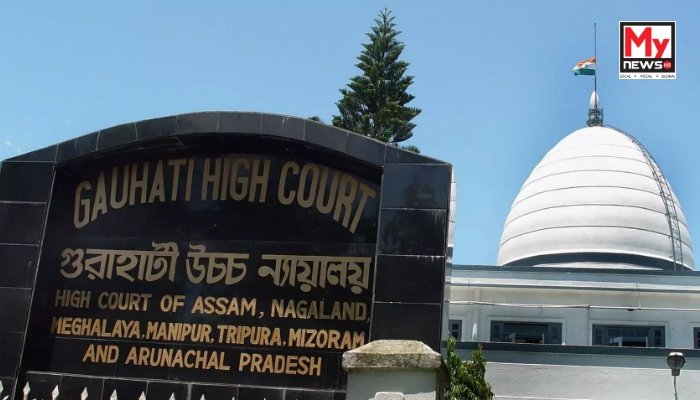Gauhati High Court Grills Assam Govt Over ‘Missing’ Brothers, Arbitrary Foreigner Detentions
Guwahati: The Gauhati High Court has pulled up the Assam government, demanding a detailed account of the whereabouts of two brothers, declared foreigners by a tribunal, who were allegedly picked up by the police. The court has also sought information regarding the apprehension of arbitrary arrests and illegal pushbacks of declared foreigners, a concern raised by a relative of the detained duo.
A Division Bench comprising Justice Kalyan Rai Surana and Justice Malasri Nandi on Thursday issued directives to the state government to furnish details about Abu Bakkar Siddik and his brother Akbar Ali. The brothers were reportedly detained by officials from Nagarbera police station in Kamrup district on May 25, sparking fears of an unlawful handover to Bangladesh.
The High Court has slated the next hearing for June 4, indicating the urgency with which it is treating the matter. The petition was filed by Torap Ali, the nephew of the two men, who voiced concerns that his uncles “may be in danger of being illegally pushed into Bangladesh.”
The petitioner asserted that despite repeated attempts, authorities have stonewalled information about the brothers’ location since their detention on May 25, when they were summoned to the police station. However, during the hearing, state counsel J Payeng confirmed that Siddik and Ali are indeed in custody, currently with the Assam Border Police.
It may be recalled that the brothers were initially sent to the Goalpara detention camp in 2017 after a Foreigners Tribunal declared them as foreigners. They were unable to furnish documents proving their or their forefathers’ presence in India before March 24, 1971, the cut-off date stipulated by the 1985 Assam Accord. They were subsequently released on bail in 2020, following a Supreme Court directive allowing the release of detainees held for over two years.
Torap Ali, in his petition, argued that his uncles were not afforded the opportunity to exhaust all legal remedies available to them. He contended that any pushback before a conclusive determination of their status would amount to an “arbitrary deprivation of the fundamental rights guaranteed by the Constitution.”
It is pertinent to note that Foreigners Tribunals are quasi-judicial bodies, predominantly operating in Assam, established under the Foreigners Act of 1946 and the Foreigners (Tribunals) Order of 1964. These tribunals play a crucial role in determining an individual’s status as a “foreigner” in India, especially in cases of suspected illegal immigration. While the 1964 order applies nationwide, these tribunals are most actively associated with Assam, particularly in the context of the National Register of Citizens (NRC) and related citizenship issues. Currently, Assam houses 100 such Foreigners Tribunals.

